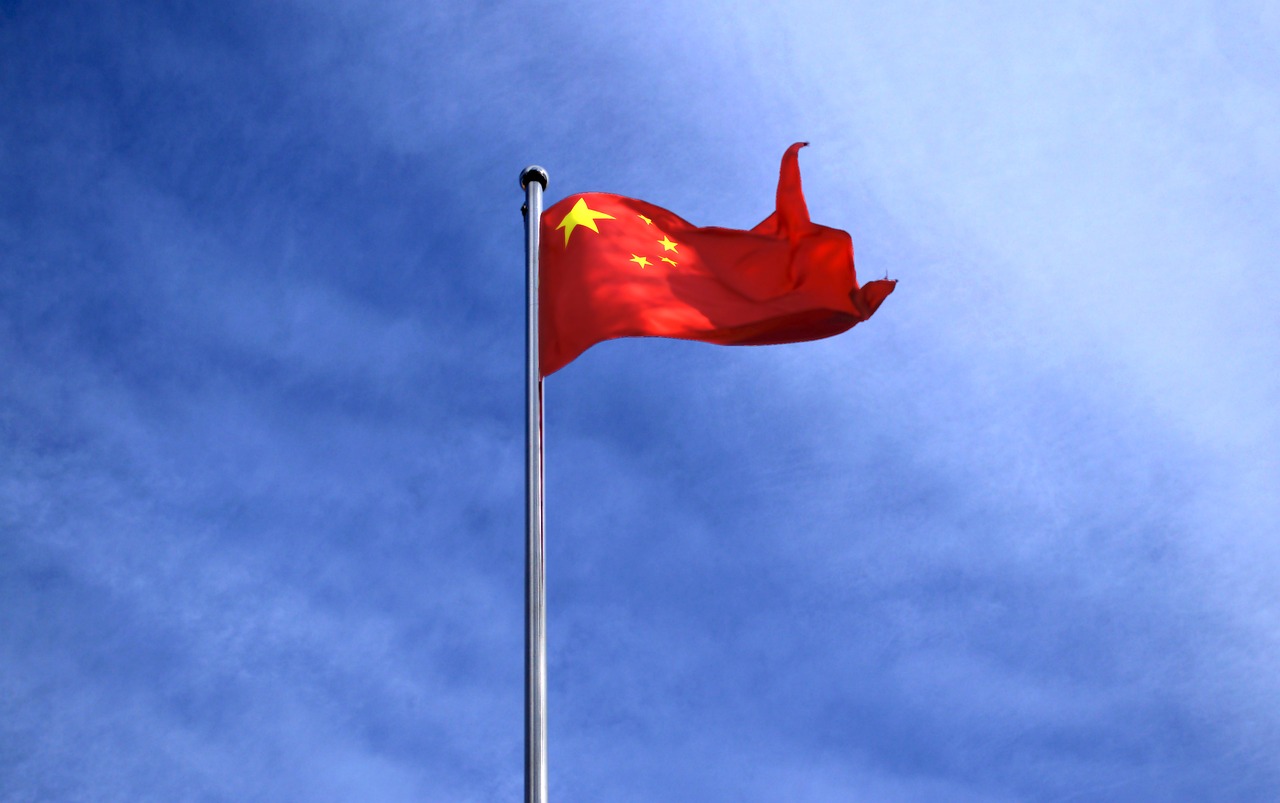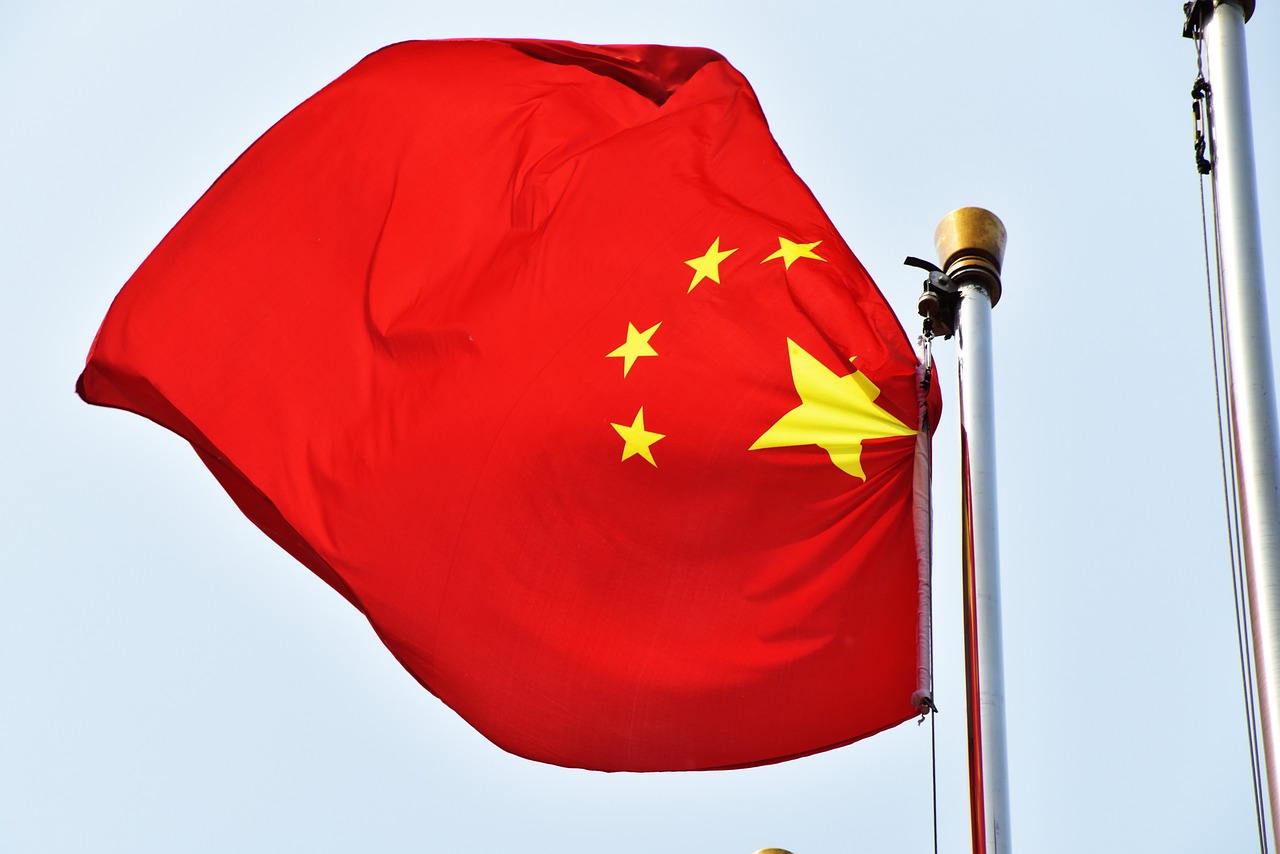China’s Central Bank Rate Cut
China’s central bank took a surprising step by cutting a key interest rate in an effort to counteract the country’s weakening economy and housing market crisis. This move marked Beijing’s second action this week to address these pressing issues. The decision came amidst a significant drop in stock markets across Asia, following a sharp decline on Wall Street.
Market Response
Stock indexes in Australia, Japan, South Korea, and Hong Kong fell by 1 to 3 percent, while Shanghai and Shenzhen experienced milder decreases. This difference may indicate a positive reaction to the rate cut or potential intervention by the Chinese government, which heavily influences the country’s stock markets.
Interest Rate Adjustment
The People’s Bank of China reduced the one-year loan interest rate for commercial banks from 2.5 percent to 2.3 percent. This was the most substantial cut in this rate since April 2020, during the early days of the COVID-19 pandemic when the Chinese economy was struggling due to lockdowns.
Implications
The one-year rate serves as a benchmark for determining interest rates for corporate loans and local government financing units. These financial units, established by local governments, are currently facing significant debt challenges, leading to austerity measures such as reduced salaries for public employees.
The rate cut followed previous adjustments by the central bank earlier in the week. While some economists expected a broader economic policy shift after a recent Communist Party meeting, the focus remained on self-reliance and investment in high-tech industries rather than stimulating consumer spending.
Analysis
Lowering interest rates now, instead of waiting for potential U.S. Federal Reserve actions, could lead to capital outflows as Chinese entities seek higher returns abroad. This may further weaken the Chinese currency against the dollar and revive speculative borrowing practices. Despite these risks, the priority currently lies in supporting economic growth over financial stability concerns.


















